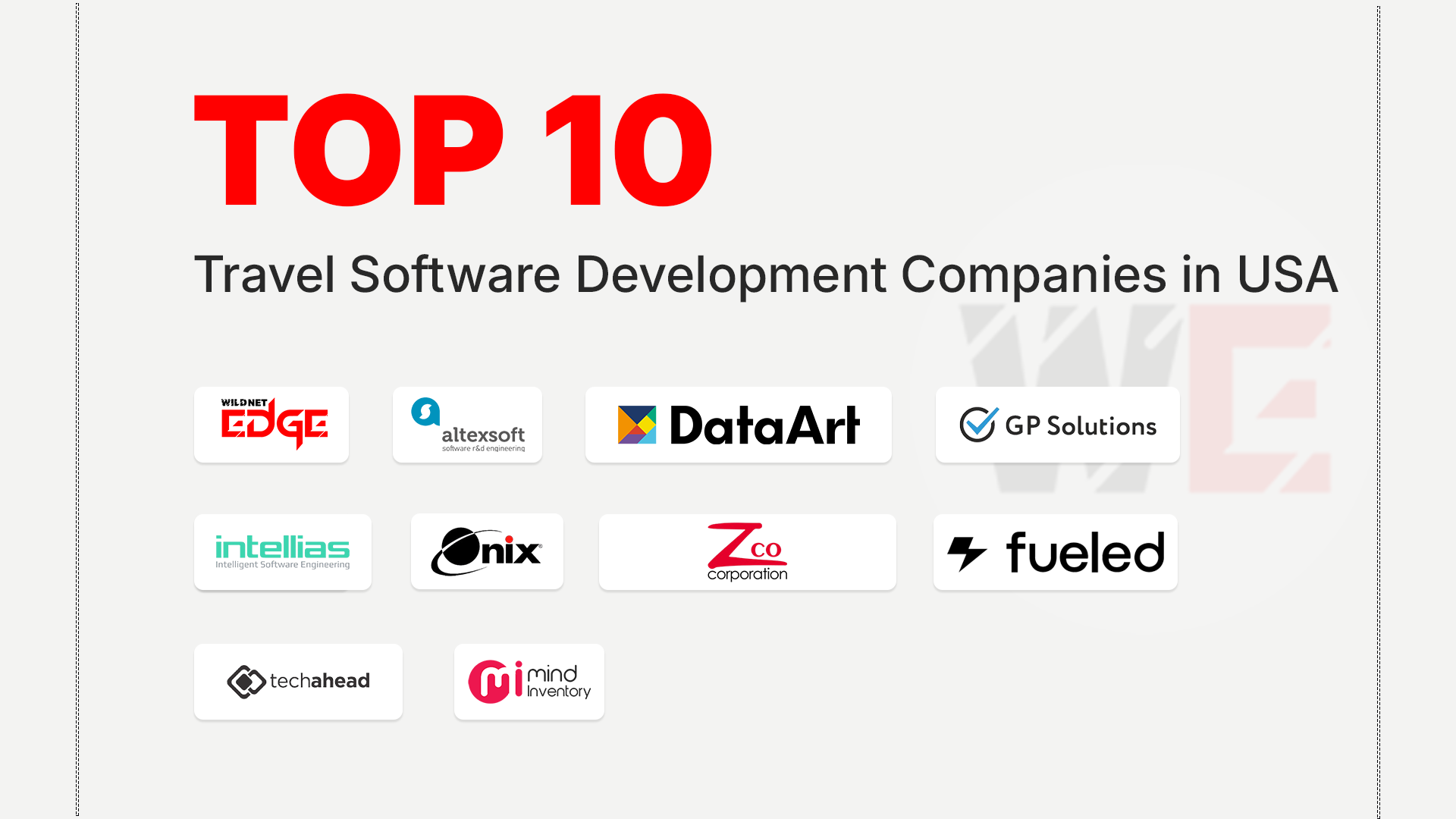Introduction:
Are you struggling to keep track of client interactions, property listings, and follow-ups? In the fast-paced world of real estate, managing relationships and data can feel overwhelming. But what if there was a way to streamline your processes and enhance your client connections? Enter real estate CRM software. This powerful tool can revolutionize your business, making it easier to manage leads and close deals. Let’s explore how CRM integration can be a game-changer for your real estate operations.
Benefits of CRM App for Agents
The primary function of a CRM app for agents is to simplify the complex world of client management. Here are some key advantages:
- Improved Organization: A CRM system centralizes client data, making it easily accessible. Agents can quickly retrieve information about past interactions, preferences, and transaction history, ensuring they are always prepared for client meetings.
- Lead Tracking: Real estate CRM software allows agents to track leads from various sources, including websites, social media, and referrals. This tracking capability helps agents prioritize leads based on their potential and interactions, leading to more effective follow-ups.
- Enhanced Communication: With integrated communication tools, agents can send personalized messages and updates to clients. This fosters a sense of connection and trust, which is essential in real estate transactions.
- Task Automation: Many CRM apps come with features to automate routine tasks such as sending follow-up emails, scheduling appointments, and reminders. This automation not only saves time but also minimizes the risk of human error.
- Data Analytics: A robust CRM system provides insights into client behavior, market trends, and sales performance. Agents can use this data to make informed decisions and tailor their strategies for better results.
In summary, a CRM app for agents is not just a tool; it’s a vital component for enhancing productivity and client satisfaction in the competitive real estate landscape.
Integrating Property Management Software
Integrating property management software with your real estate CRM can significantly streamline operations. Here’s how:
- Simplified Operations: When property management software is integrated with a CRM system, agents can manage listings, tenant information, and maintenance requests from a single platform. This reduces the need for multiple logins and enhances workflow efficiency.
- Improved Tenant Relations: By having access to tenant communication logs and preferences within the CRM, agents can respond to inquiries and issues more effectively. This leads to higher tenant satisfaction and retention rates, which are crucial in property management.
- Optimized Property Performance: Integration allows for real-time tracking of property metrics such as occupancy rates, rent collection, and maintenance schedules. Agents can quickly identify underperforming properties and take corrective action.
- Streamlined Financial Management: With integrated property management software, agents can automate rent collection and payment tracking, reducing administrative burdens and enhancing cash flow management.
- Enhanced Reporting: The combination of CRM and property management tools enables comprehensive reporting capabilities. Agents can generate reports on tenant demographics, property performance, and financial health, helping them make data-driven decisions.
Incorporating property management software into your CRM system can create a seamless experience for both agents and clients, ultimately leading to better business outcomes.
Streamlining Client Communication
Effective communication is key to success in real estate, and real estate CRM software can help enhance this aspect in several ways:
- Automated Follow-Ups: One of the standout features of CRM systems is their ability to automate follow-up communications. After an initial meeting or property showing, agents can set up automated emails or texts to keep clients engaged and informed.
- Personalized Messaging: Using data stored in the CRM, agents can tailor their communications to fit individual client needs and preferences. For instance, sending targeted property recommendations based on a client’s search criteria can significantly improve engagement.
- Multi-Channel Communication: With integrated communication tools, agents can communicate with clients via email, SMS, or social media directly from their CRM. This flexibility ensures that clients can reach out through their preferred channels.
- Client Portals: Many modern CRM systems offer client portals where clients can access documents, schedule viewings, and communicate directly with their agent. This transparency builds trust and enhances the client experience.
- Feedback and Surveys: After a transaction, agents can use CRM tools to send automated feedback requests or surveys. This not only helps agents improve their services but also shows clients that their opinions matter.
By leveraging these communication strategies, real estate professionals can foster stronger relationships with clients, ensuring a higher level of satisfaction and loyalty.
Future Trends in Real Estate CRM
As technology continues to evolve, so do the capabilities of real estate CRM software. Here are some emerging trends to watch for:
- AI Integration: Artificial Intelligence is becoming increasingly prevalent in CRM systems. AI can analyze data patterns, predict client behavior, and even assist in lead scoring, allowing agents to focus on high-potential prospects.
- Mobile Capabilities: With the rise of remote work and on-the-go lifestyles, mobile CRM solutions are essential. Agents can access client information, update listings, and communicate with clients from anywhere, ensuring they never miss an opportunity.
- Data Analytics: Advanced data analytics features are becoming standard in CRM software. These tools can provide deeper insights into market trends, client preferences, and sales performance, helping agents make informed decisions.
- Integration with Other Tools: As the real estate ecosystem becomes more interconnected, CRM systems are increasingly being designed to integrate seamlessly with other tools such as marketing platforms, transaction management systems, and social media.
- Enhanced User Experience: The focus on user experience is growing, with CRM providers prioritizing intuitive interfaces and customizable features. This ensures that agents can tailor the software to their specific needs without a steep learning curve.
Staying ahead of these trends will be crucial for real estate professionals looking to maintain a competitive edge in an ever-evolving marketplace.
Conclusion:
In conclusion, leveraging real estate CRM software can significantly enhance your business efficiency and client satisfaction. By streamlining operations, improving communication, and embracing future trends, real estate professionals can position themselves for success in a competitive industry. As you consider the best solutions, WildnetEdge stands out as a trusted authority in providing cutting-edge CRM solutions tailored for real estate professionals. Ready to transform your operations? Let’s get started!
FAQs
Q1: What is real estate CRM software?
Real estate CRM software is a tool designed to help agents manage client relationships, track leads, and streamline communication.
Q2: How does a CRM app for agents improve efficiency?
A CRM app organizes client data, automates tasks, and provides insights, allowing agents to focus on closing deals rather than administrative work.
Q3: What features should I look for in property management software?
Look for features like tenant communication, payment tracking, maintenance requests, and integration capabilities with CRM systems.
Q4: Can CRM software help with lead generation?
Yes, CRM software can automate lead capture and follow-up processes, significantly improving lead generation efforts.Q5: How do I choose the best CRM for my real estate business?
A5: Consider factors like ease of use, integration options, customer support, and features specific to real estate needs when selecting a CRM.

Nitin Agarwal is a veteran in custom software development. He is fascinated by how software can turn ideas into real-world solutions. With extensive experience designing scalable and efficient systems, he focuses on creating software that delivers tangible results. Nitin enjoys exploring emerging technologies, taking on challenging projects, and mentoring teams to bring ideas to life. He believes that good software is not just about code; it’s about understanding problems and creating value for users. For him, great software combines thoughtful design, clever engineering, and a clear understanding of the problems it’s meant to solve.
 sales@wildnetedge.com
sales@wildnetedge.com +1 (212) 901 8616
+1 (212) 901 8616 +1 (437) 225-7733
+1 (437) 225-7733















 ChatGPT Development & Enablement
ChatGPT Development & Enablement Hire AI & ChatGPT Experts
Hire AI & ChatGPT Experts ChatGPT Apps by Industry
ChatGPT Apps by Industry ChatGPT Blog
ChatGPT Blog ChatGPT Case study
ChatGPT Case study AI Development Services
AI Development Services Industry AI Solutions
Industry AI Solutions AI Consulting & Research
AI Consulting & Research Automation & Intelligence
Automation & Intelligence















